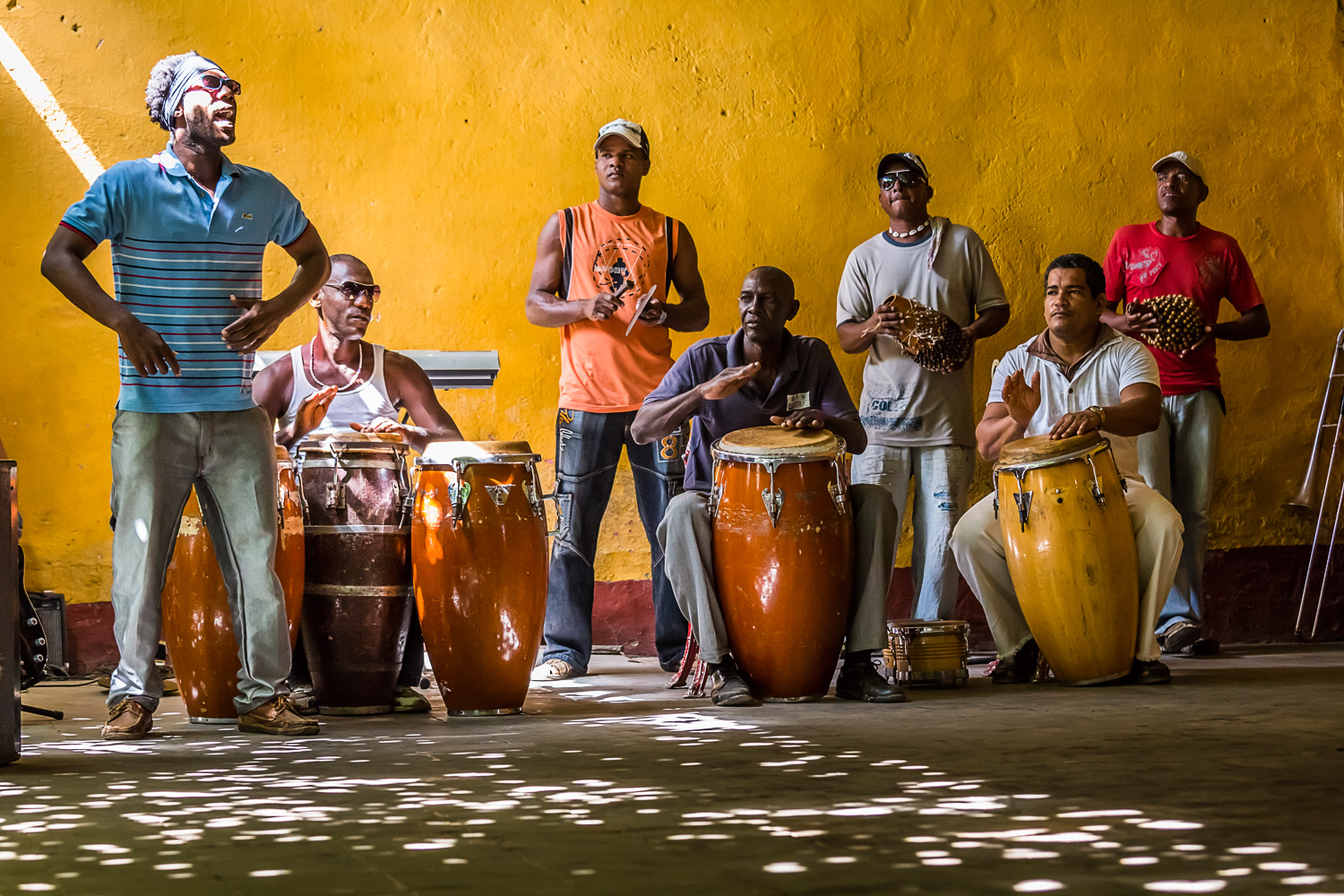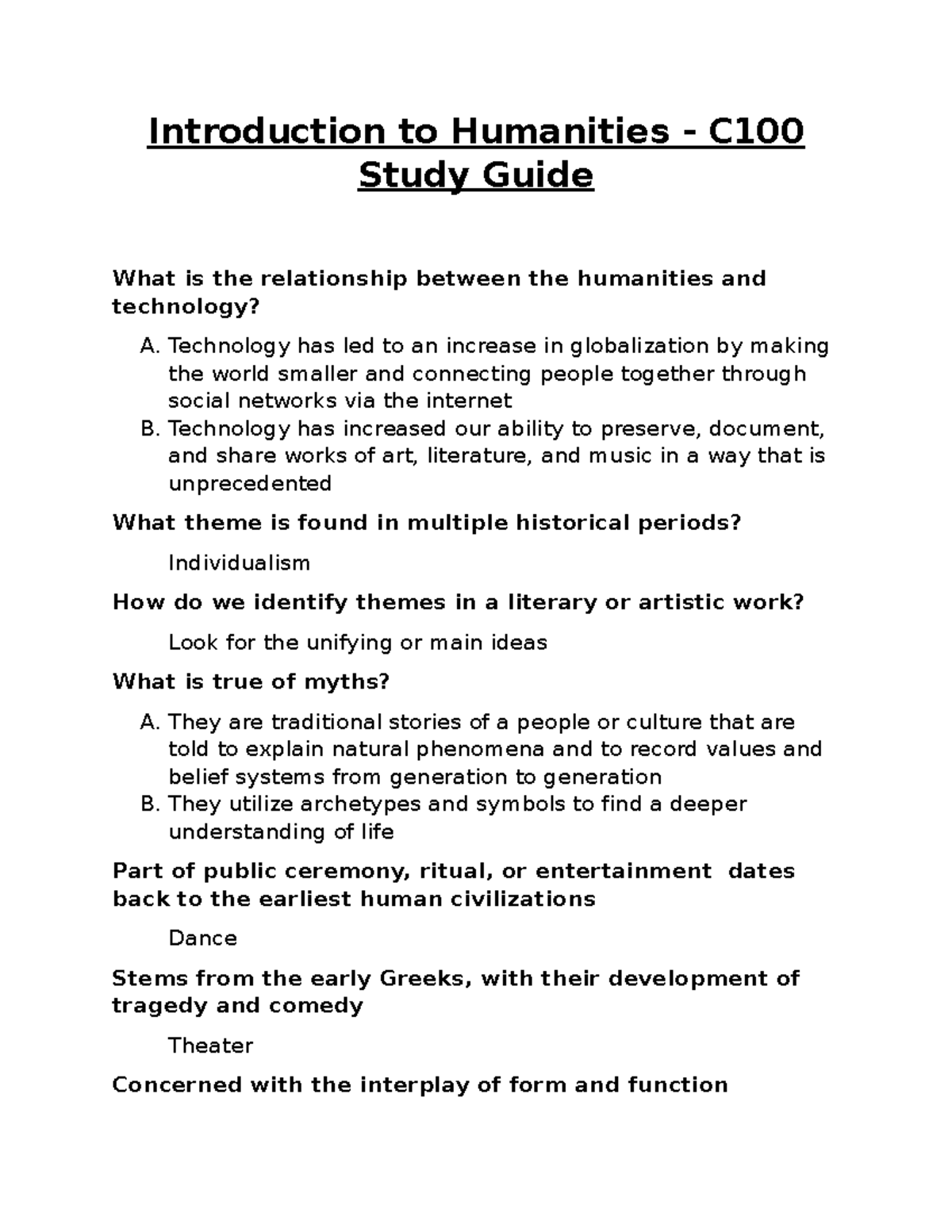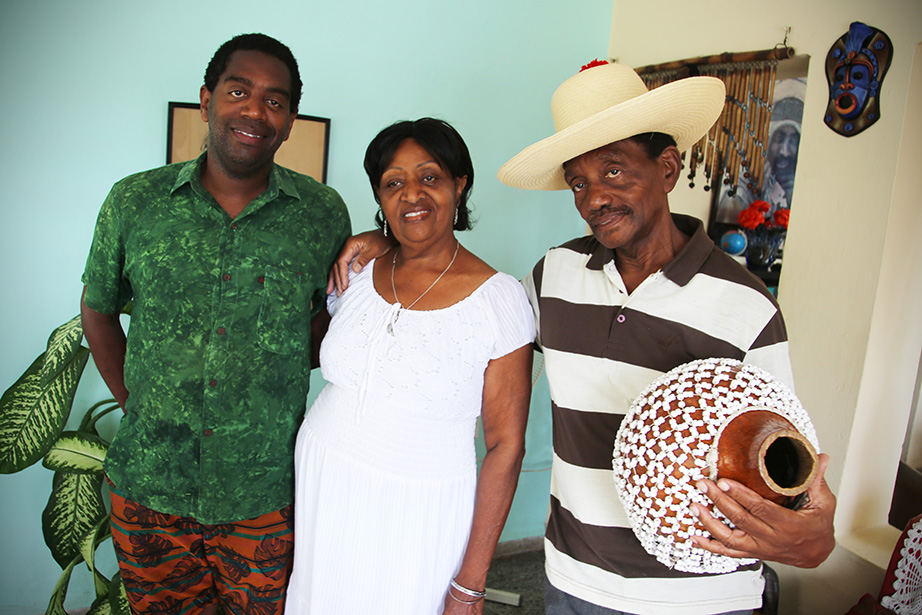Afro-Cuban Music Traditions encompass a rich tapestry of cultural practices that fuse African rhythms with Caribbean influences, reflecting the profound impact of the African diaspora on the musical landscape of Cuba and beyond. Celebrated Cuban musician and educator Yosvany Terry delves into these traditions, illustrating their significance through performances and teachings at Harvard. By examining the interplay between these musical heritages, Terry aims to preserve these cultural identities while enriching the education of his students, particularly in the Harvard Jazz Ensembles. The upcoming performance as part of ArtsThursdays promises to showcase the vibrancy of these traditions, demonstrating their relevance in today’s musical discourse. As such, the exploration of Afro-Cuban Music Traditions is not merely an academic pursuit; it is a vital means of connecting present generations with their ancestral roots and cultural legacies.
The vibrant world of Afro-Cuban musical practices highlights the intricate blend of African and Caribbean influences that have shaped Cuba’s cultural identity over centuries. Yosvany Terry, a prominent figure in this field, passionately investigates the connections between these unique musical forms and their historical backgrounds. His endeavors emphasize the importance of keeping these artistic expressions alive, particularly through educational programs and live performances that engage both students and audiences. As part of initiatives like ArtsThursdays, Terry demonstrates how these musical legacies continue to resonate within contemporary society, fostering appreciation and understanding. In exploring these themes, the traditions of Afro-Cuban music serve as a crucial reminder of the enduring power of cultural heritage to inform and inspire future generations.
The Cultural Significance of Afro-Cuban Music Traditions
Afro-Cuban music traditions serve as a vibrant tapestry that intertwines African rhythms and instruments with Cuban musical styles, reflecting a rich cultural fusion that dates back centuries. This genre not only celebrates the heritage of Afro-Cubans but also illustrates the broader influence of the African diaspora across the Americas. Yosvany Terry explains that these traditions, often kept alive through oral history and performance, play an essential role in safeguarding cultural identities in the face of historical challenges, particularly those stemming from slavery and colonization. In his recent travels, Terry’s interactions with native musicians in Cuba and Benin highlighted how these musical forms continue to resonate deeply within communities, fostering a sense of belonging and resilience against cultural erasure.
Exploring Afro-Cuban music also reveals its significant impact on other genres, particularly jazz, which has roots deeply embedded in African musical concepts. Terry’s commitment to educating others about this cultural inheritance positions him not just as a performer but as a cultural curator, shedding light on how these sounds reflect the histories and stories of marginalized communities. By conducting research and sharing this knowledge through performances such as the one planned on May 1, he aims to cultivate an appreciation for how these traditions bridge generational gaps and reshape contemporary cultural landscapes.
Frequently Asked Questions
What are the main influences of Afro-Cuban Music Traditions on contemporary jazz?
Afro-Cuban Music Traditions significantly influence contemporary jazz through rhythm, instrumentation, and improvisation. The complex polyrhythms and syncopated beats rooted in African diaspora musical traditions have been integrated into modern jazz compositions, enriching the genre and allowing musicians like Yosvany Terry to explore their heritage while innovating within the contemporary music scene.
How does Yosvany Terry incorporate Afro-Cuban Music Traditions in his teaching at Harvard?
Yosvany Terry incorporates Afro-Cuban Music Traditions in his teaching by providing students access to primary source materials from his research in Benin and Cuba. He uses these insights to deepen students’ understanding of the cultural and historical aspects of Afro-Cuban music, its roots in the African diaspora, and its evolution within jazz and other musical traditions.
What role does ArtsThursdays play in promoting Afro-Cuban Music Traditions at Harvard?
ArtsThursdays plays a crucial role in promoting Afro-Cuban Music Traditions at Harvard by hosting performances that spotlight these musical forms. Events like Yosvany Terry’s performances not only showcase the richness of Afro-Cuban music but also encourage collaborations across departments, enhancing the cultural dialogue surrounding these artistic traditions.
How can understanding Afro-Cuban Music Traditions enhance the study of musical traditions globally?
Understanding Afro-Cuban Music Traditions enhances the study of musical traditions globally by highlighting the interconnectedness of cultures and the impact of historical events like the African diaspora. It illustrates how different musical forms share common roots, allowing for a broader appreciation of global music and the cultural resilience embedded within it.
Why is it important to study the African diaspora influence on Afro-Cuban Music Traditions?
Studying the African diaspora influence on Afro-Cuban Music Traditions is important because it reveals how enslaved people preserved their cultural identities through music, dance, and art despite systemic oppression. This aspect of history underscores the resilience of these traditions and their significant contributions to the development of various music genres, including jazz, thereby enriching our understanding of cultural evolution.
What can students learn about Afro-Cuban Music Traditions through Yosvany Terry’s research?
Students can learn about Afro-Cuban Music Traditions through Yosvany Terry’s research by exploring the historical connections between West African and Caribbean musical practices. His findings illustrate how these traditions have shaped modern music forms and offer insights into the cultural narratives that influence their expression, enhancing students’ musical education and cultural awareness.
How does collaboration in the Harvard Jazz Ensembles reflect Afro-Cuban Music Traditions?
Collaboration in the Harvard Jazz Ensembles reflects Afro-Cuban Music Traditions by inviting diverse artists, especially those of Afro-Latin descent, to share their expertise and experiences. This intercultural exchange allows for a richer understanding of Afro-Cuban influences on jazz, showcasing how cooperation across musical backgrounds can lead to innovative artistic expressions.
In what ways can performance arts, like those seen in ArtsThursdays, influence perceptions of Afro-Cuban Music Traditions?
Performance arts, such as those showcased in ArtsThursdays, can influence perceptions of Afro-Cuban Music Traditions by bringing them into the spotlight, fostering appreciation, and encouraging dialogue among audiences. Live performances create immersive experiences that deepen understanding and connection to these traditions, helping to preserve and elevate their significance in contemporary society.
| Key Points | Details |
|---|---|
| Traditional Safeguarding | Musical traditions from West Africa were preserved in Cuba as a form of resistance during slavery. |
| Research Aims | Yosvany Terry’s research links musical traditions of Benin and Cuba to understand jazz roots and African influence. |
| Educational Impact | Terry aims to enrich Harvard’s curriculum with insights from his research, highlighting the significance of cultural traditions. |
| Collaborative Learning | The Harvard Jazz Orchestra encourages collaborations with artists of Afro-Latin descent, enhancing students’ learning experiences. |
| ArtsThursdays Initiative | This initiative raises the profile of arts at Harvard and fosters community engagement through performances and workshops. |
| Future Aspirations | A vision for continued expansion of the arts at Harvard, ensuring diverse musical traditions are integrated into education. |
Summary
Afro-Cuban Music Traditions are vital elements of cultural identity that have been preserved throughout history despite the challenges of slavery and colonization. The recent research by Yosvany Terry underscores the significant connection between the musical traditions of West Africa and those of the Caribbean, particularly Cuba. By emphasizing these traditions in educational settings and performances, we recognize their lasting impact on modern jazz and other musical forms. As efforts to explore and celebrate Afro-Cuban music traditions continue, they not only enlighten students and audiences but also enrich the cultural tapestry of the Americas.



